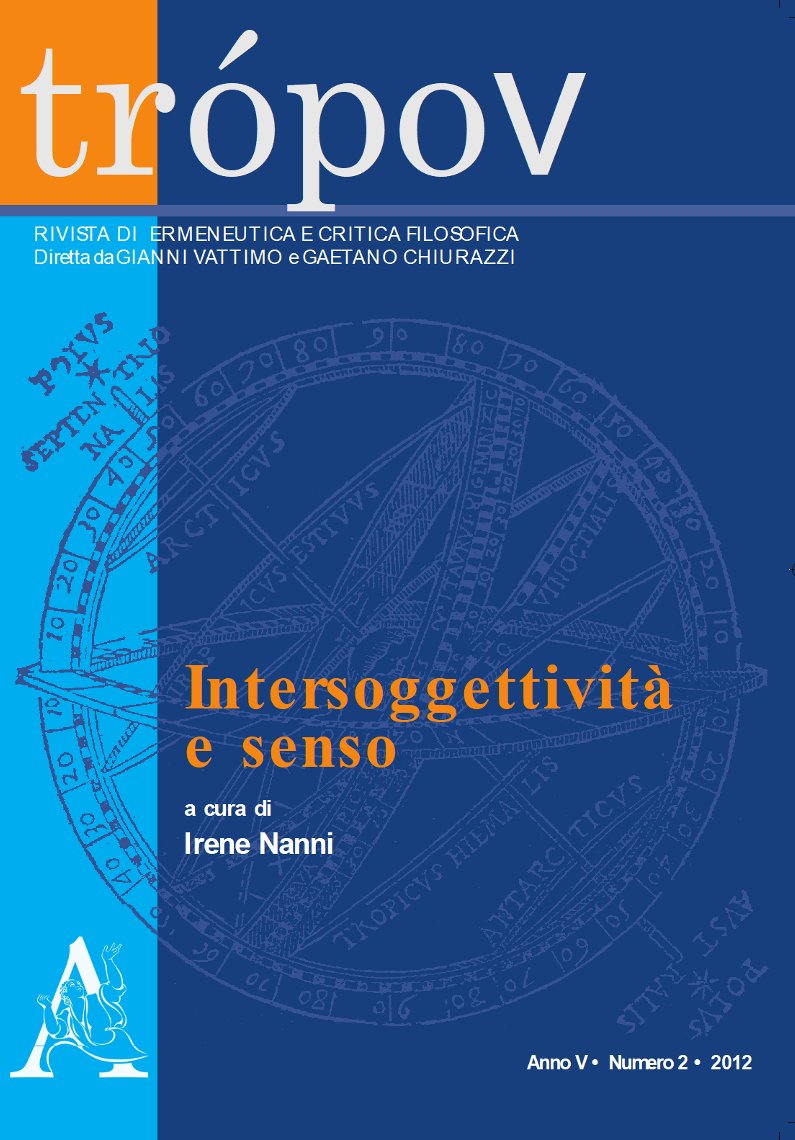Michel Foucault
Verità del potere o potere della verità?
DOI:
https://doi.org/10.13135/2036-542X/8214Keywords:
Foucault, Truth, Power, Freedom, ParrhesiaAbstract
The purpose of this essay is to show that the relationship between Power and Knowledge, as it is analysed by Michel Foucault, does not mean a refusal of the notion of Truth. In fact, Power should be intended not as a violent device of repression, but as a set of strategies that modify the being of subjects involved. In the famous example of Parrhesia, the subject of Truth has the Power both to criticize the tyrant and to intervene on his own being, because he accepts to deliver his-self to the risk of being-otherwise, even to die; in this way the Parrhesiastes realizes to be free. Thus, the practices of Power and Truth reveal to be, above all, practices of Freedom. This aspect of Foucault’s thought will be here compared with the Kantian premise on which it relies.


